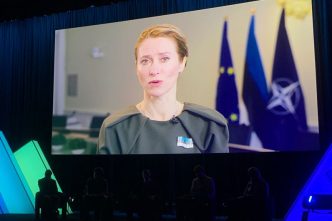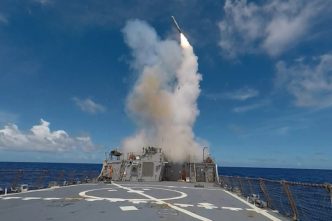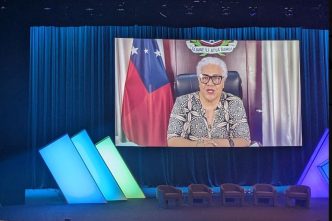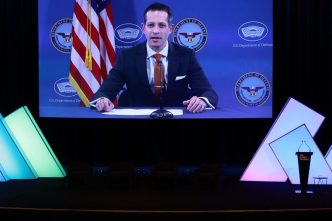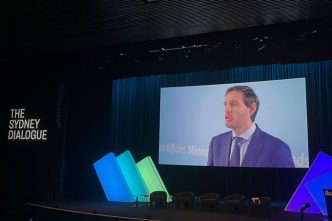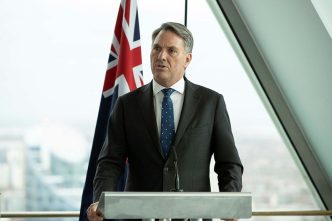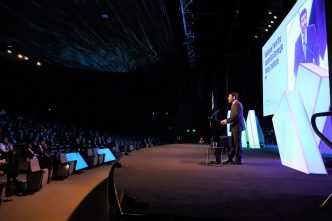Estonia’s prime minister, Kaja Kallas, spoke at ASPI’s Sydney Dialogue about how Russia’s invasion of Ukraine has highlighted the importance of securing democracies against malicious cyber actors. An edited transcript of her speech follows. Two …
In the following edited transcript from proceedings at ASPI’s Sydney Dialogue, Michael Pezzullo, secretary of the Department of Home Affairs, interviews Eric Schmidt, chair of the Special Competitive Studies Project, co-founder of Schmidt Futures and …
Samoa’s prime minister, Fiame Naomi Mata‘afa, gave the opening keynote address on Day 2 of ASPI’s Sydney Dialogue. An edited version of her speech follows. Small island developing states are facing a range of challenges …
In the final session on Day 1 of ASPI’s Sydney Dialogue, Mike Horowitz from the US Department of Defense led a panel discussion on global technology trends. In these introductory remarks, I will lay out …
All our countries have long benefited from open economies. We trade freely, exchange ideas and innovate across borders. But as we’re all aware, the geopolitical climate is rapidly changing. Some countries increasingly use geoeconomics as …
Australia’s deputy prime minister and defence minister, Richard Marles, opened ASPI’s Sydney Dialogue with a warning that Australia must establish a much stronger technological base. An edited version of his speech follows. Can I start …
ASPI’s Sydney Dialogue is already on its way to becoming the world’s premier policy summit on critical, emerging, cyber and space technologies. When we wanted to build this dialogue four years ago, not all stakeholders …


